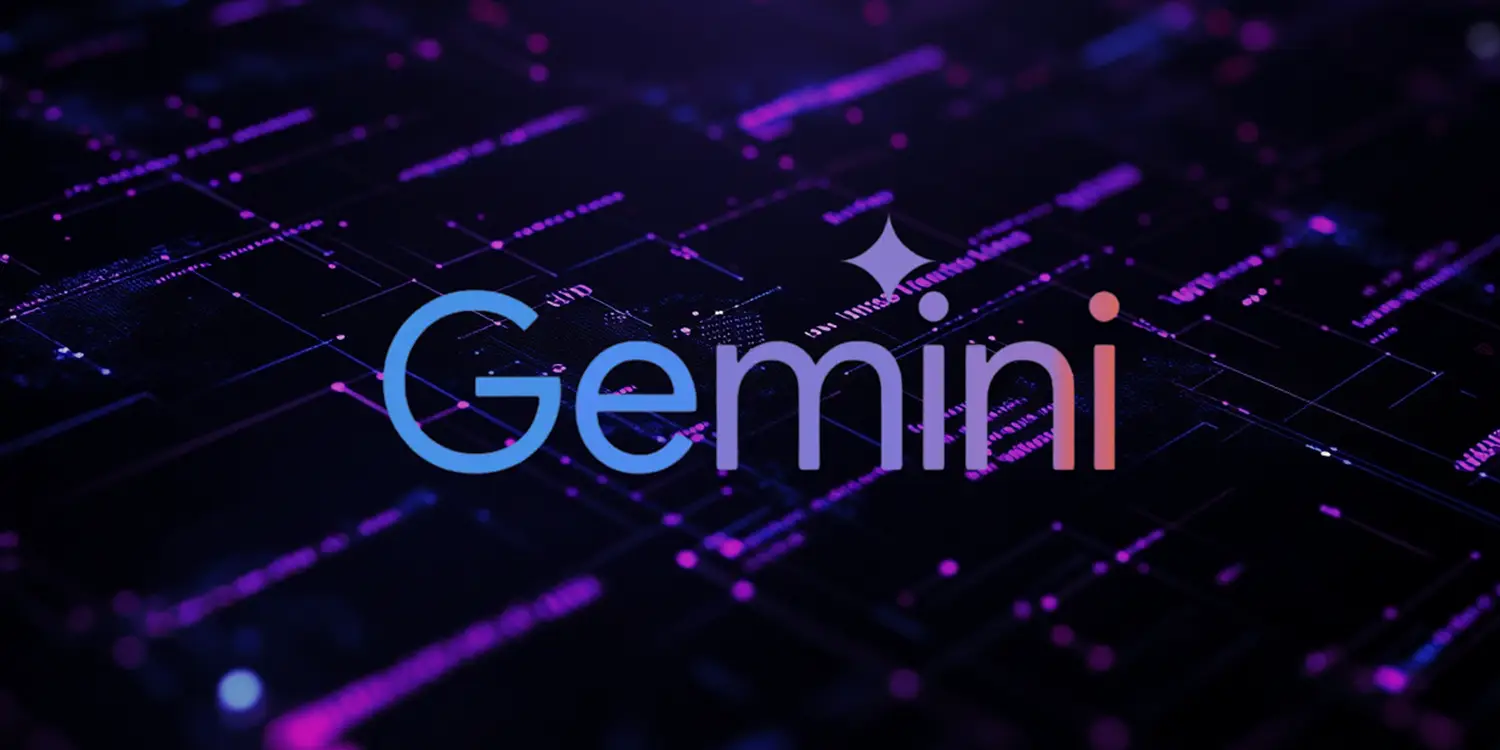lipflip – Google has unveiled Gemini for Government, a custom version of its Gemini AI models designed specifically for government agencies. This new offering includes access to existing AI tools like NotebookLM, alongside Google-quality enterprise search, video, and image generation capabilities. Google positions Gemini for Government as a strong competitor to similar AI platforms from OpenAI, Anthropic, and xAI.
Read More : Trump Faces Lawsuit Over Attempt to Oust Fed Official
A central feature of Gemini for Government is its focus on automating administrative tasks through AI agents. The platform offers pre-built Deep Research and Idea Generation agents that government users can access immediately. Additionally, agencies investing in Gemini will have the flexibility to create their own custom AI agents tailored to their needs.
Google emphasizes data privacy and security, promising compliance with established cloud security standards such as Sec4 and FedRAMP. The platform also includes threat protection features to ensure sensitive government data remains secure.
The pricing model is notably aggressive. Google offers Gemini for Government at just $0.50 per year for government agencies. Agencies can choose to pay more for enhanced security features. This pricing strategy appears designed both as an incentive and a challenge to competitors OpenAI and Anthropic, who recently announced $1 government AI deals.
By providing affordable access combined with robust capabilities and compliance, Google aims to become a major player in the growing market for AI tools in the public sector.
Government AI Strategy Context and Implications for Federal Agencies
Google’s launch of Gemini for Government comes amid increasing government interest in AI technology and contracting opportunities. This push coincides with the AI Action Plan announced by President Donald Trump in July. The administration’s plan aims to accelerate AI development, promote American AI exports, and eliminate so-called “ideological bias” from AI models.
However, the details of the AI Action Plan remain open to interpretation and raise concerns among experts. For example, the plan instructs federal agencies to withhold AI-related funding from states deemed to have “burdensome” AI regulations. This directive could influence how states approach AI oversight and innovation.
The plan also tasks the Federal Communications Commission (FCC) with a regulatory role over AI. This would expand the FCC’s responsibilities and increase executive branch control over AI governance.
As federal agencies evaluate AI platforms like Google’s Gemini for Government, they must consider both technological capabilities and the evolving regulatory environment. Google’s offering, with its focus on security, customization, and affordability, aligns with many government priorities.
Yet, the broader AI policy landscape is complex, with potential impacts on AI adoption, funding, and oversight. Agencies will need to balance innovation with compliance, especially under changing federal directives.
Read More : Jollibee Attributes Raffle Controversy to Fraudsters
Google’s entry into government AI contracts highlights growing competition among major AI providers. It also underscores the strategic importance of government clients in the AI industry’s future growth.
Looking ahead, Gemini for Government could influence how federal agencies use AI to improve operations, automate tasks, and protect sensitive data. At the same time, the evolving policy framework will shape the opportunities and challenges for AI deployment in the public sector.
